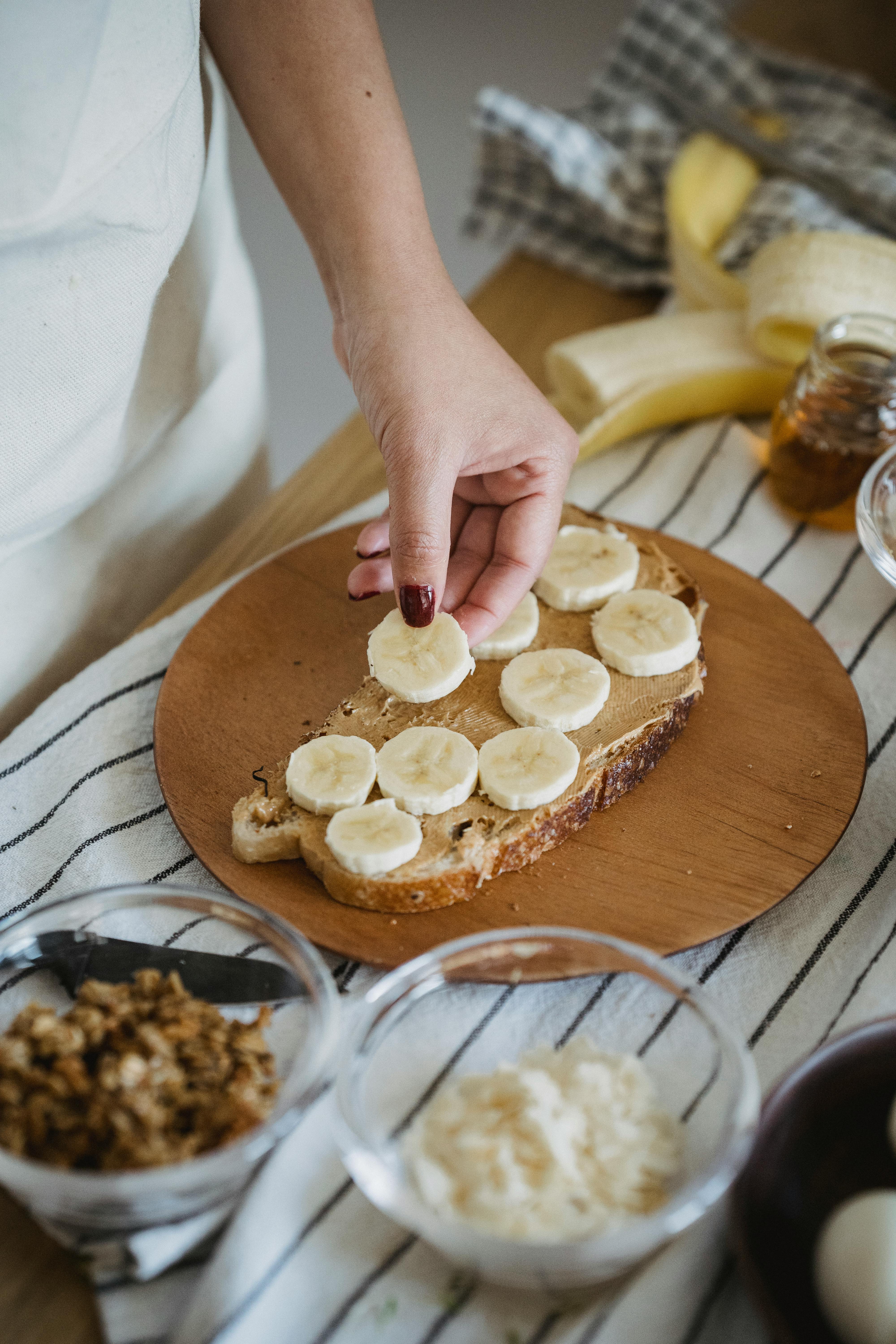
Effective Ways to Stop Your Dog from Eating Poop: Practical Solutions for 2025
Dealing with a dog that indulges in coprophagia, or the consumption of feces, can be both perplexing and distressing for pet owners. This behavior, while common, poses health risks and can indicate underlying issues. Understanding how to stop a dog from eating poop involves addressing the root causes behind this behavior, including nutritional deficiencies, boredom, and anxiety. In this guide, we'll explore various strategies and techniques, from dietary adjustments to behavioral modification, that can help manage and prevent this issue effectively.
The benefits of tackling this problem are manifold: a healthier dog, a cleaner environment, and a more harmonious relationship with your pet. We will discuss actionable steps such as dietary changes, training techniques, and the importance of environmental enrichment to discourage dogs from engaging in this undesirable behavior. Let's dive into effective ways to discourage your dog from eating poop and set the stage for a healthier, happier pet!
Essential Techniques to Discourage Your Dog from Eating Poop
To effectively stop canine coprophagia, it is important to utilize a combination of behavioral modification techniques and environmental management. Understanding the specific reasons why your dog may be engaging in this behavior is the first step towards creating an effective prevention plan. Building on these fundamentals, we can explore various practical solutions to tackle this issue.
Understanding the Reasons Behind Coprophagia
Dogs may resort to eating poop for a multitude of reasons including nutritional deficiencies, behavioral issues, or simply out of boredom. Most commonly, coprophagia can be linked to inadequate nutrition; for instance, dogs may feel compelled to consume feces if their food lacks essential nutrients. Moreover, some dogs learn this behavior from observing other dogs or might find it entertaining, showcasing a strong connection to their instincts and environmental interactions. Recognizing these signs can be crucial for determining the most effective intervention methods.
Utilizing Dietary Changes to Address Coprophagia
One of the most effective approaches to discourage dogs from eating poop is to address any potential nutritional deficiencies. Consider consulting your veterinarian to explore natural dog food options that cater to your dog's dietary needs, ensuring they receive balanced nutrition. Implementing a specialized diet rich in high-quality protein, fiber, and essential vitamins may help fulfill their nutritional requirements, reducing the likelihood of them seeking out feces for additional nutrients. Additionally, incorporating nutrient-rich dog treats as rewards for positive behavior can reinforce good habits.
Training Techniques and Commands to Combat Coprophagia
Training your dog to avoid eating poop involves teaching them commands such as "leave it" or "no" when they attempt to engage in this behavior. Employing positive reinforcement techniques, like offering treats or praise when they refrain from eating feces, can be effective in modifying their behavior. Enrolling in dog training classes or seeking help from a professional trainer can also provide valuable guidance on effective training methods tailored to your dog's personality.
Implementing Environmental Modifications for Success
Modifying your dog's environment plays a critical role in preventing them from accessing feces. This may include ensuring your yard is clean and free of any waste, utilizing leash control during walks to prevent exploration of unsupervised outdoor areas, and employing body bands or barriers when necessary. Additionally, providing sufficient mental stimulation through engaging dog toys can alleviate boredom, thus minimizing the urge to indulge in coprophagia.
Monitoring and Managing Your Dog's Behavior
Careful observation of your dog's behavior can provide insights into their motivations for eating poop. Keep track of when and where they exhibit this behavior to identify any patterns, such as only eating poop in certain locations or after particular activities. Additionally, assessing any underlying psychological issues, such as anxiety or stress, is crucial. Addressing these areas through regular exercise, socialization, and providing calming products may greatly minimize undesirable behaviors.
Positive Reinforcement Strategies for Training Your Dog
Building on our previous discussion of training methods, fostering a positive relationship with your dog through consistent reinforcement is vital. Positive reinforcement not only improves their obedience but also strengthens your bond, making training more effective and enjoyable for both you and your pup. With these basics established, let's explore how to implement specific strategies in your training regimen.
Effective Use of Treats and Rewards
Using treats as a reward for desired behavior is a foundational element of training. By effectively employing a structured reward system, you can teach your dog to associate the absence of coprophagia with positive outcomes. Ensure that the treats you use are nutritious and enjoyable for your dog to maintain their motivation. Remember to gradually phase out treats as their understanding of commands improves, replacing them with praise and affection as rewards.
Establishing Consistent Routines and Boundaries
Setting up a consistent daily routine that includes feeding schedules, exercise times, and bathroom breaks can greatly assist in managing your dog's habits. The establishment of clear expectations helps your dog understand what behaviors are permissible. Being proactive in your training approach further aids in reinforcing positive behavior, allowing your dog to thrive in a structured and stable environment.
Socializing Your Dog for Better Behavior
Socializing your dog is essential for promoting good behavior and reducing anxiety. Exposing your dog to new environments, other animals, and diverse situations helps them understand their surroundings better and reduces impulsive behaviors like coprophagia. Arrange playdates with other dogs, or take them to puppy training classes where they can learn proper social etiquette.
Employing Behavioral Assessment with Professional Help
If you continue to struggle with your dog’s poop-eating habits, consulting with a pet behaviorist can provide additional strategies and insights tailored to your specific situation. They can help identify any underlying issues and offer specialized training techniques that may not have been considered. This expert guidance can be invaluable in adjusting your training approach for long-lasting effects.
Using Deterrent Products to Prevent Poop Eating
A variety of deterrent products can be employed to help curb this behavior effectively. With these strategies in mind, let’s examine the different tools and sprays available that can serve as effective deterrents against coprophagia.
Understanding Deterrent Sprays
Deterrent sprays are designed to make feces taste unappealing to dogs. These specially formulated sprays can be applied to feces to create a sour taste that dissuades dogs from consuming them. Always ensure that any product you use is safe for your dog and consult your veterinarian to select the best option. Additionally, pairing these sprays with consistent training techniques can enhance their effectiveness.
Using Belly Bands for Male Dogs
For male dogs particularly prone to coprophagia, belly bands can be an effective deterrent. These special bands wrap around a dog’s waist, discouraging them from turning around to access their rear end. While they do not address the behavior directly, they can serve as a temporary measure as you work to train your dog to stop eating poop. Monitoring your dog while they wear the bands ensures they remain comfortable and safe.
Environmental Enrichment Tools
Incorporating interactive toys into your dog's lifestyle can foster mental engagement, which helps mitigate boredom and associated behaviors such as coprophagia. Toys that challenge your dog's problem-solving abilities, or those that dispense treats during play, can significantly distract them from undesirable behaviors, thus promoting healthier coping strategies.
Addressing Behavioral and Health-Related Factors
In addition to implementing deterrent products, it’s crucial to consider the behavioral and health-related factors that play a role in your dog’s poop-consuming habits. This comprehensive approach underscores the importance of evaluating all aspects of your dog’s health. Taking this concept further, let’s explore various solutions to manage underlying issues effectively.
Routine Vet Checkups for Optimal Health
Regular visits to the veterinarian can help identify any health-related causes of coprophagia, such as digestive issues or dietary deficiencies. Keeping a close eye on your dog’s health enables prompt intervention and care, ensuring your pet receives all the necessary nutrients for optimal well-being. Engaging in proactive health management creates a foundation for long-term behavioral improvement.
Understanding and Managing Dog Anxiety
Many dogs may eat poop out of anxiety or stress, so understanding the specific triggers that cause this response is essential. Establishing a stress-free environment for your dog—including plenty of exercise, social engagement, and mental stimulation—is paramount in addressing these behaviors. Dog owners should identify any factors leading to stress in order to create a nurturing space where their dog can thrive peacefully.
Balance and Hygiene in Your Dog’s Diet
Maintaining proper hygiene and a balanced diet can significantly impact your dog’s overall health. Implementing a consistent feeding schedule ensures that they have all their dietary needs met, potentially eliminating the urge to explore feces as a nutritional source. Avoid filling their bowls with too large servings, as overeating can lead to digestive disturbances and encourage exploration of waste if they feel unsatisfied.
Conclusion: Building Good Habits and Maintaining Canine Well-Being
Successfully preventing coprophagia in dogs requires a commitment to understanding, training, and environmental management. Through various strategies such as dietary changes, training techniques, discipline, and employing deterrents, pet owners can effectively guide their dogs away from this behavior. Addressing anxiety, promoting positive reinforcement, and ensuring health together form a comprehensive approach that can lead to a well-adjusted, happy dog.
In the event that coprophagia persists despite implementing these techniques, seeking assistance from a veterinarian or canine behaviorist should be the next step. The journey to stop your dog from eating poop may require patience and consistency, but with the right strategies in place, you can cultivate positive habits and enhance your canine companion’s overall quality of life.

